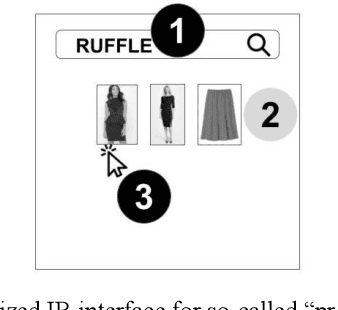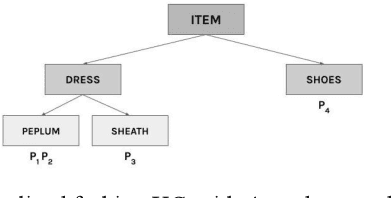Lexical Learning as an Online Optimal Experiment: Building Efficient Search Engines through Human-Machine Collaboration
Paper and Code
Oct 30, 2019

Information retrieval (IR) systems need to constantly update their knowledge as target objects and user queries change over time. Due to the power-law nature of linguistic data, learning lexical concepts is a problem resisting standard machine learning approaches: while manual intervention is always possible, a more general and automated solution is desirable. In this work, we propose a novel end-to-end framework that models the interaction between a search engine and users as a virtuous human-in-the-loop inference. The proposed framework is the first to our knowledge combining ideas from psycholinguistics and experiment design to maximize efficiency in IR. We provide a brief overview of the main components and initial simulations in a toy world, showing how inference works end-to-end and discussing preliminary results and next steps.
 Add to Chrome
Add to Chrome Add to Firefox
Add to Firefox Add to Edge
Add to Edge